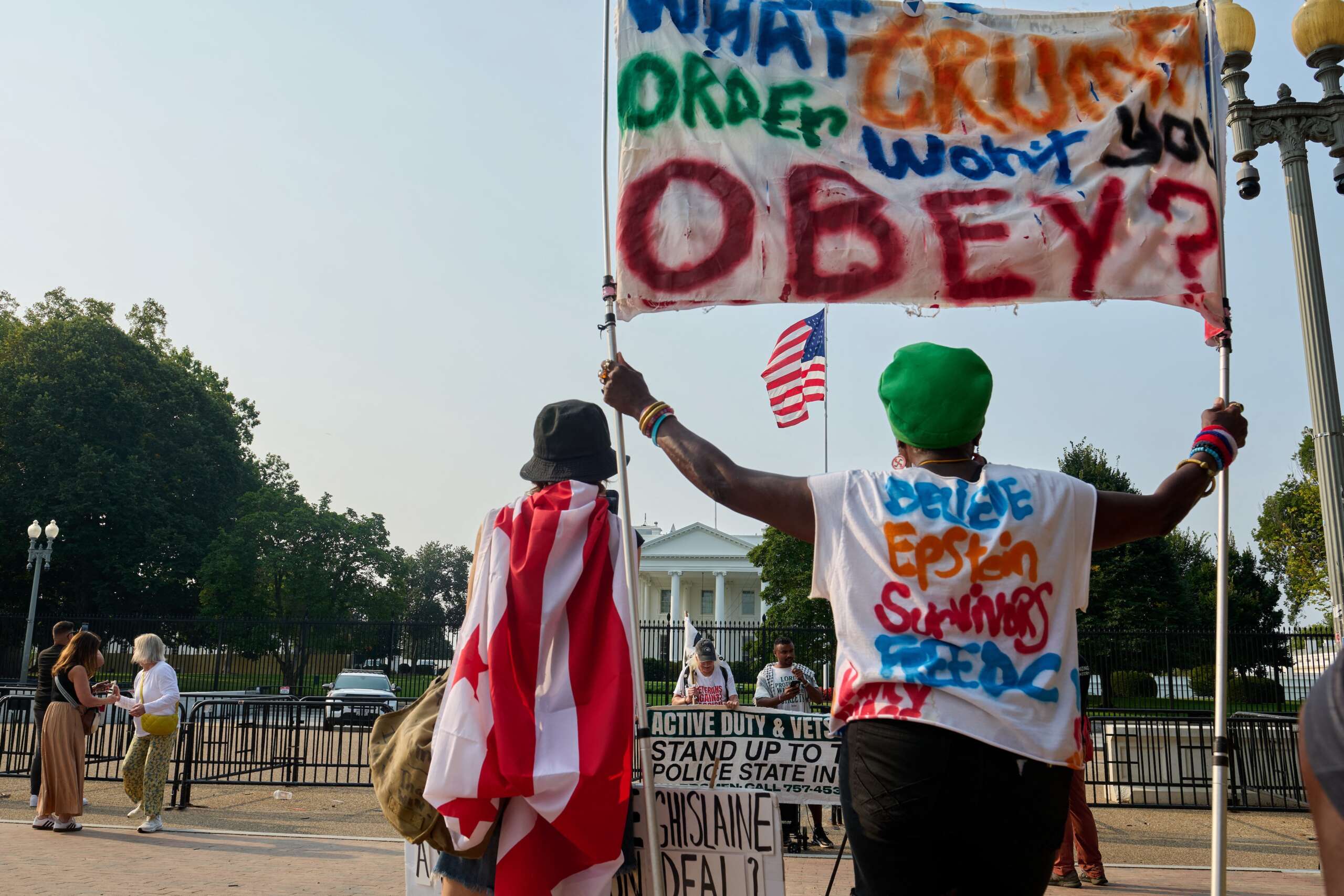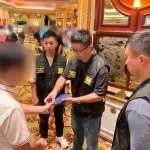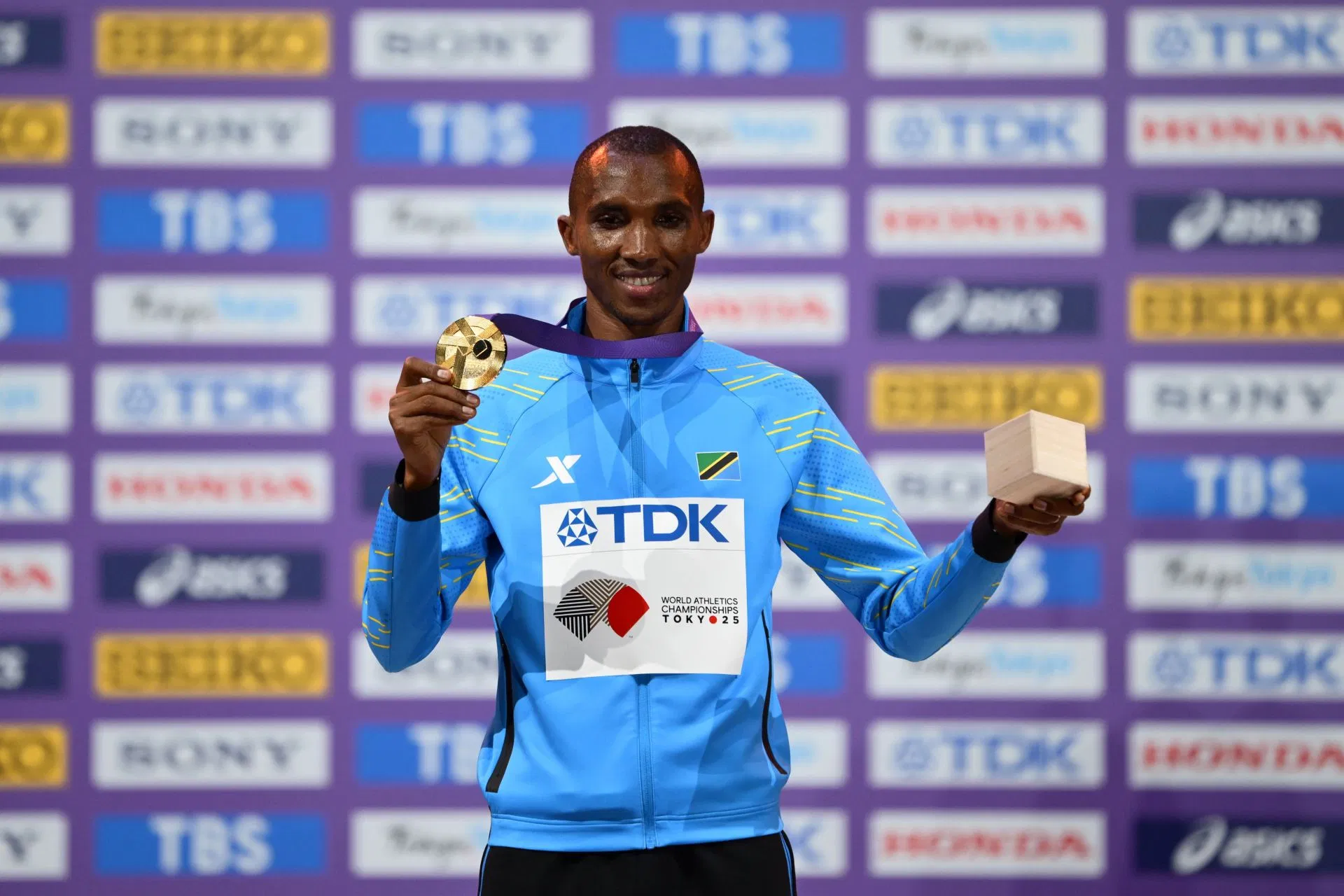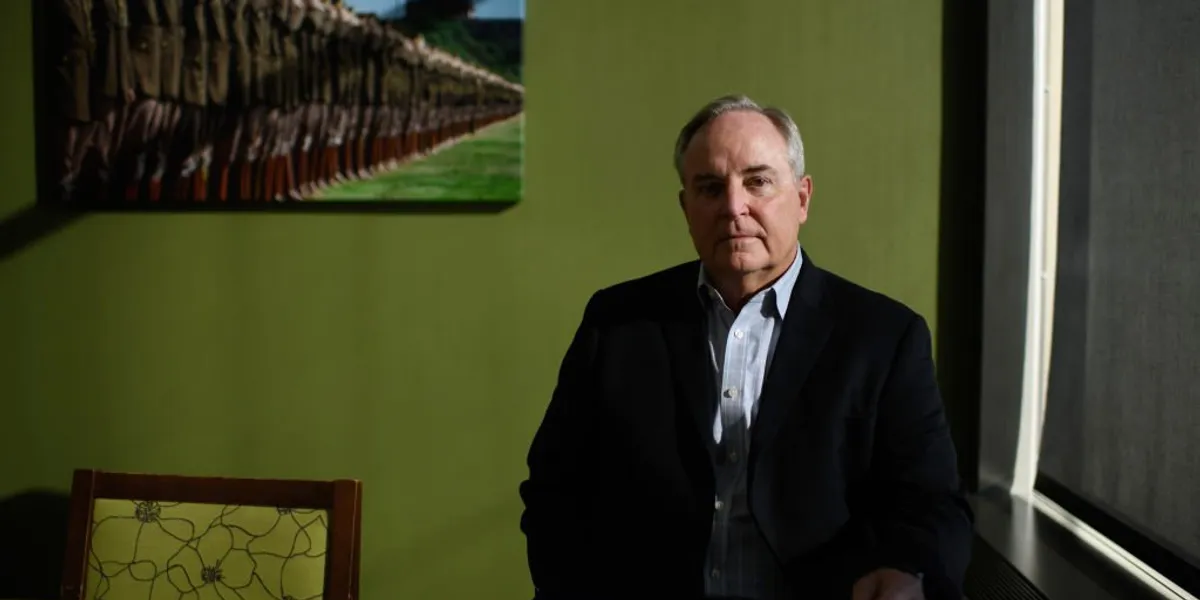By Sonali Kolhatkar
Copyright truthout

President Donald Trump’s deployment of the National Guard and immigration enforcement agents to the nation’s capital has sparked a mass movement. In Chicago, a city on which Trump has essentially declared war, the threat of deployment has generated a flurry of organizing, including a mass protest on September 6. In both D.C. and Chicago, Black activists who have a long history of opposing policing are playing leading roles in the resistance.
NeeNee Taylor is co-founder and executive director of Harriet’s Wildest Dreams, a Black-led abolitionist community defense hub, and co-founder and organizing director of the Free DC Project, an effort that launched in January 2025. A native of D.C., Taylor has been on the front lines of the resistance to federal police and the National Guard, and is familiar with politicians making claims of “crime” as justification for policing. According to Taylor, “Trump is at the point where he wants to make [up] numbers and he wants to show like, yeah, D.C. is full of crime.”
Police cannot prevent crime — they can only arrest people suspected of committing crimes after they take place. In spite of this, elected officials such as mayors and city council members, regardless of party affiliation, have often deployed police as a solution to burglaries and homicides. This fear-based approach to preventing crime often disproportionately targets Black neighborhoods, even when weighted for criminal activity.
Daanika Gordon, a Tufts University researcher, studied police deployments and concluded in 2020 that “predominantly Black neighborhoods are simultaneously over-policed when it comes to surveillance and social control, and under-policed when it comes to emergency services.”
It’s no wonder that, in Taylor’s words, “D.C. was already overpoliced.” She explained, “We have over 32 agencies that actually have oversight of the people in Washington, D.C. So what we didn’t need is more cops.” And now, with 2,000 additional National Guard troops and untold numbers of Immigration and Customs Enforcement (ICE) agents patrolling D.C.’s streets, the city is crawling with armed agents of the state.
As a result, “We have people just being snatched off of their mopeds and their little bikes, just trying to do Uber Eats or DoorDash,” said Taylor. She added, “We have Black people being picked up for just sitting outside eating crabs and drinking a beer.”
In Chicago, Richard Wallace is among several prominent Black activists leading preparations for Trump’s militarism. Wallace is the founding executive director of Equity and Transformation (EAT), an organization dedicated to advancing social and economic equity for Black informal workers. He said, “These threats [by Trump] are, I think they’re centered around Chicago’s most vulnerable communities.”
Wallace sees the targeting of cities such as D.C. — a historically Black city — and Chicago — where nearly a third of the population is Black — as part of what he calls “the foundation of the American empire,” adding that, “it’s the nature of the United States particularly as it relates to the suffering of Black people. It has been chains and bondage since we got here,” he said.
The most recent chapter of Black resistance to police violence goes at least as far back as the uprising in Ferguson, Missouri, when a white officer named Darren Wilson killed a Black teenager named Mike Brown. Since then, and especially after George Floyd’s murder in 2020, a mass movement broadly operating under the slogan of #BlackLivesMatter has organized countless grassroots campaigns centered on divesting from police, shutting down county jails, and promoting abolitionist visions for society.
It’s this experience that Black organizers in cities like D.C. and Chicago are drawing on. Taylor’s group, Harriet’s Wildest Dreams is pulling newly activated people into its hub with online orientation sessions, as invitations for people “interested in building a better world.”
Additionally, the group has a “court watch” program that began in 2021, mobilizing community members to observe and witness legal proceedings as a way to hold the local judiciary accountable. Referring to court-watching as a “form of mutual aid,” Harriet’s Wildest Dreams is now offering trainings to activists in light of Trump’s deployments and has reportedly trained 500 new volunteers.
In Chicago, where, as of this writing, Trump’s deployment has yet to begin, Wallace explained how he and others are preparing. “What that looks like for us is deploying rapid response actions across the city of Chicago, establishing networks for community care. It looks like developing mutual aid hubs.”
While experience against local and state police violence gives Black organizers an advantage, Trump’s escalation to federal police requires more planning. “We are all scrambling to put together a Know-Your-Rights tools,” said Wallace. “I think a lot of our folks may know their rights as it relates to local police, but what does it mean when you’re being approached by the National Guard or a federal agent?”
His organization is working with progressive attorneys to develop updated materials in anticipation of National Guards and ICE deployments. Once that’s ready, Wallace explained, “we’re going to disseminate the Know-Your-Rights information at every liquor store, every sneaker spot, every corner store, every place that we can get this information to our demographics, we’re going to do that.”
Wallace also cited solidarity with immigrants as a critical part of the work. “We have trusted relationships with other communities,” he said. “We are working in coordination with groups like ICIRR [Illinois Coalition for Immigrant and Refugee Rights], who are leading on the front of immigrant rights and justice in this moment.”
Black-Brown solidarity is in full effect in Washington, D.C., as well. The Free DC project has launched cop-watch programs and rapid-response teams that have successfully stood up to ICE agents. Volunteers with these programs, according to Taylor, “are actually resisting and actually moving ICE, FBI, you know, standing up against them trying to kidnap our neighbors, our migrant neighbors who ICE are just snatching up.”
The Free DC project also offers an “Active Bystander Skills” training being led by partner organizations focusing on immigrant rights, on “how to be an active participant if/when you see ICE in DC.”
Trump is clearly targeting cities where a significant part of the population is nonwhite, starting with Los Angeles, D.C., and Chicago, and potentially Memphis and Baltimore. LA’s National Guard deployment came at the cost of $120 million to taxpayers. At the same time, the Trump administration is cutting Medicaid, SNAP, and other social welfare programs.
“We are at a point now where white people are impacted,” said Taylor. “Trump has fired people, he has cut health care, SNAP … and people don’t realize that just not Black and Brown people are on SNAP or have [government-provided] health care.”
This is a federal version of local policies that Black neighborhoods are intimately familiar with: increased police funding at the expense of social programs.
Black organizers who are experienced in short-term resistance to federal police deployments also offer a wealth of ideas on long-term solutions to policing — ones that are based on the idea of addressing “crime” by reducing wealth inequality. There is plenty of research supporting this approach as a powerful and socially just way to address public safety. To that end, Wallace’s organization, EAT, in 2021 launched the Chicago Future Fund, a groundbreaking Guaranteed Income pilot for formerly incarcerated individuals. The first round of the program included 30 formerly incarcerated individuals receiving a no-strings stipend of $500 a month. A second round involving 100 individuals is currently underway.
Such programs offer upstream solutions to problems of crime and are part of a “Invest-Divest” approach pioneered by Black organizers: Invest funds into non-police public safety programs while divesting funds from policing. “You don’t get the intra-community violence rates that we see in the city of Chicago without deep divestment,” said Wallace.
“As an abolitionist, I’m in the practice of rebuilding the other,” said Wallace. “If our community lacks safety, then we need to be building the alternatives for them and modeling them for the community to either, vote on or whatever the case may be.”
The president’s actions are ultimately an attack on democracy. Taylor put it succinctly, saying federal police deployments are “nothing about safety, it’s nothing about crime, it’s about Trump wanting to control the United States of America in a dictatorial way.”



